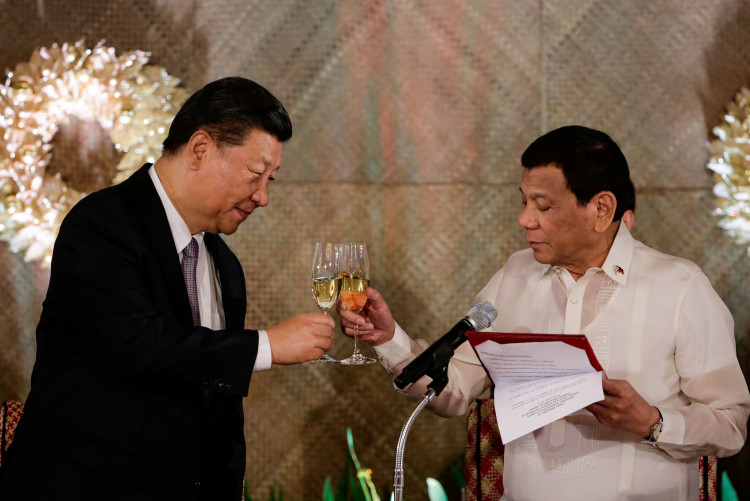The Philippines Department of Public Works and Highways said the construction of the Binondo-Intramuros Friendship Bridge - an infrastructure project to be funded by China - will push through according to local media reports.
The department's secretary, Mark Villar, said officials continue to reach concessions with non-government sectors who opposed the project due to the potential impact the bridge could bring to the heritage sites in the area.
The project is estimated to cost 4.2 billion pesos or $200 million. It has been agreed between China and the Philippines under the Belt and Road Initiative and the latter's Build, Build, Build scheme.
The announcement that the project will proceed was made weeks after Chinese President Xi Jinping and Philippine President Rodrigo Duterte have agreed to cooperate on infrastructure developments that span the next ten years. The Binondo-Intramuros Friendship Bridge was included in the 29 bilateral deals signed when President Xi visited the Philippines from Nov. 20 to Nov. 21.
Overall, the two Asian leaders agreed to strengthen connections between projects planned under China's Belt and Road Initiative and the Philippines' AmBisyon Natin 2040 that is aimed at eradicating poverty in the developing nation. The latter was designed to prioritize housing projects, manufacturing ventures, connectivity projects, education, tourism, agriculture, health, and financial services.
To bring success to these plans, the two countries said they will enter arrangements that involve concessional loans, export credit, and other financing schemes. The United States, a long-time ally of the Philippines, has since been warning the Duterte administration of the possible repercussions of such payment schemes.
Since Duterte assumed the presidency, critics were saying that he is shifting the country's alliance toward China, away from the United States which the past administrations preferred.
Indeed, the China-funded the Binondo-Intramuros Friendship Bridge has been facing criticism and objections from Duterte's critics.
The National Commission for Culture and the Arts warned about the negative environmental impact of the project to the historic sites surrounding the planned location of the bridge. This sentiment was echoed by the International Council on Monuments and Sites Philippines.
Icomos served as the advisory body for the United Nations Educational, Scientific, and Cultural Organization for its World Heritage Committee.
Another organization against the construction of the bridge is the Advocates for Heritage Preservation. AHP chair Tito Encarnacion explained that the bridge is a welcome addition provided that it blends with the Spanish colonial building in the area. The planned design at present is "too modern" for the surrounding, Encarnacion said.






